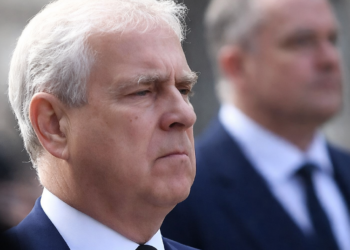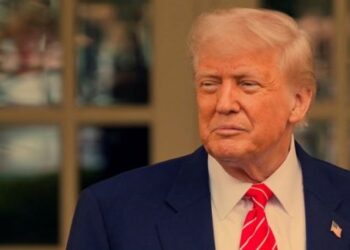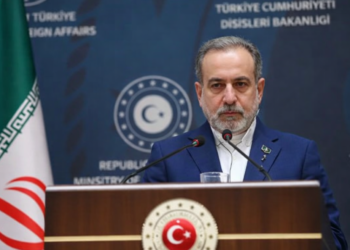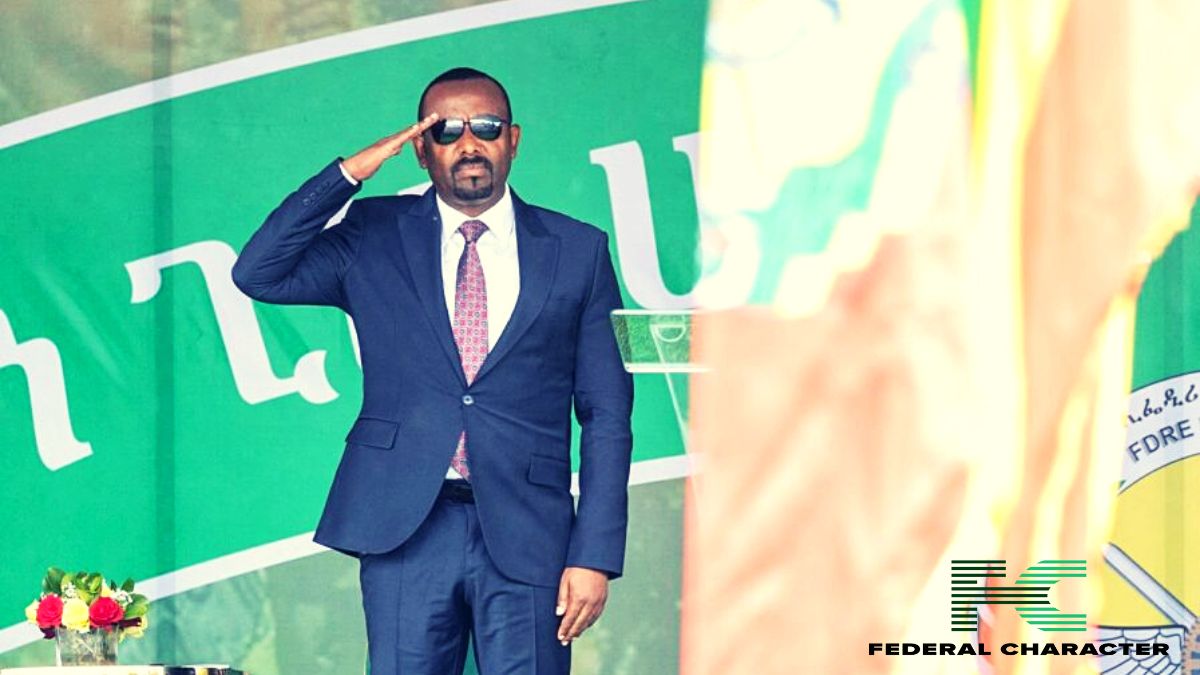Burkina Faso’s decision to criminalize homosexual acts has been considered a profound betrayal of its human rights record and a chilling example of a military junta using social conservatism to consolidate power. For a country that surprisingly as at back then, stood as one of the few in Africa with no laws against same-sex relations since its independence, this new measure represents a tragic and deeply cynical regression.
Passed by an unelected transitional parliament, the law imposing prison sentences of up to five years is a tool for control, not a reflection of democratic will. It is a dangerous parallel to similar crackdowns in neighboring countries like Uganda and Mali, where regimes have weaponized homophobia to distract from internal crises and to reject what they label as “Western values.”
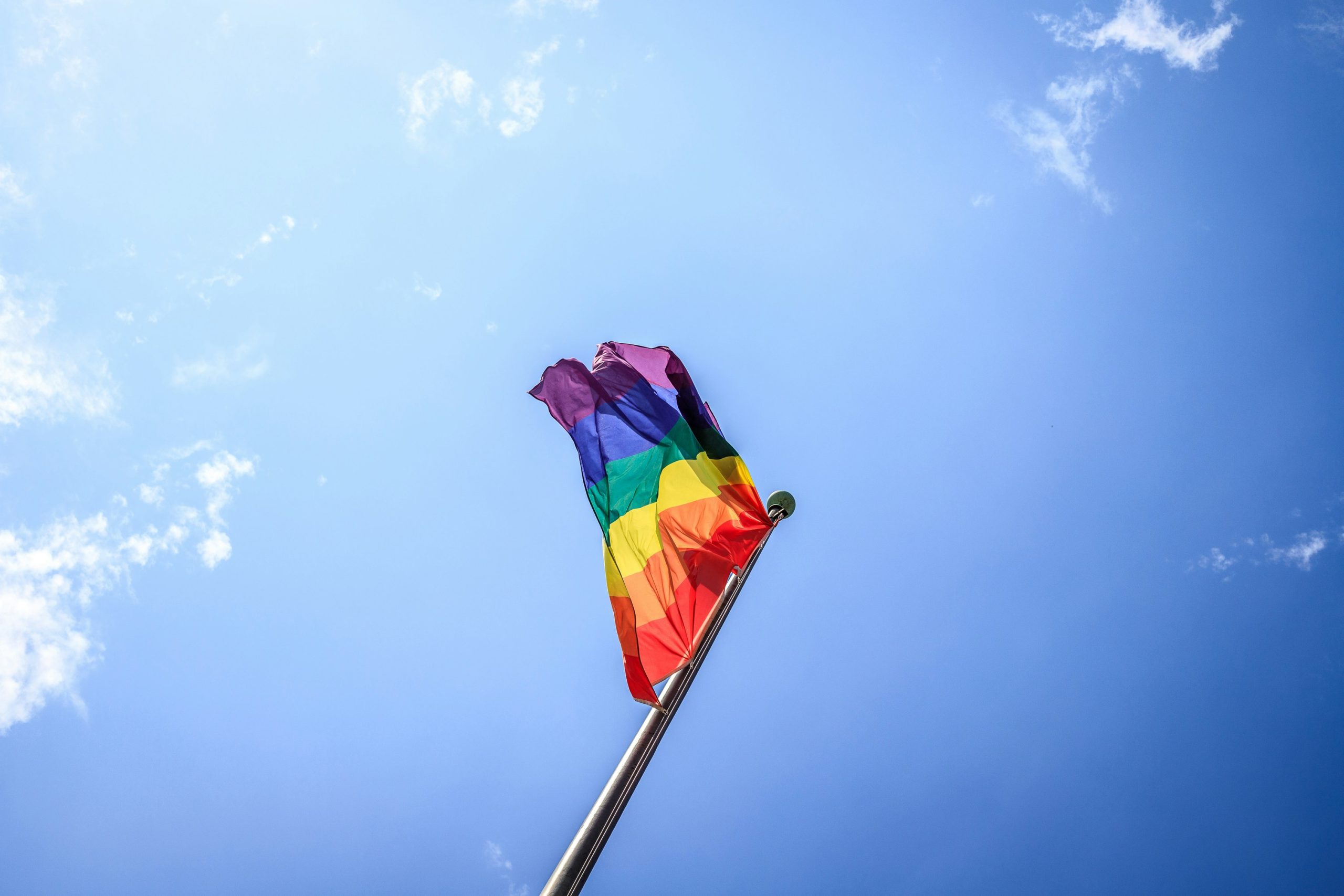
A Political Tool for a Failing State
The move by Captain Ibrahim Traoré’s junta is a calculated political maneuver. As the country grapples with a spiraling Islamist insurgency and a severe humanitarian crisis, the military government is losing its grip. Instead of providing security and good governance, it is turning to a divisive social issue to rally popular support and deflect criticism.
This is a common playbook used by authoritarian regimes across the continent: deflect from economic hardship and security failures by targeting a marginalized minority. The new law is an easy, politically expedient win for a regime that has delivered little else.
It allows the government to appear strong and decisive while avoiding the hard work of truly stabilizing the country and protecting its citizens.
The Global Response: The Power of Accountability
The international community’s response to this trend has been mixed and, at times, ineffectual. While some organizations like the World Bank have used financial pressure to great effect—as seen when it paused loans to Uganda—these measures are often lifted or inconsistently applied.
This sends a mixed message that human rights are negotiable. It is imperative that international bodies and democratic nations do not stand by silently as Burkina Faso’s military junta criminalizes an entire population.
To reverse this dangerous trend and promote a more inclusive future for Burkina Faso and other African nations, the global community must act with consistency and conviction.
First, international financial institutions like the World Bank and the African Development Bank must make a clear and unwavering commitment to leveraging financial aid to uphold human rights.
Secondly, regional bodies like ECOWAS and the African Union must condemn such laws and use their political influence to pressure for their repeal.
Finally, the international community must support local Burkinabé human rights organizations and activists who are fighting for a more just society from within. Only through a coordinated, multi-faceted approach can the world challenge the political opportunism that fuels such hate-filled legislation.

